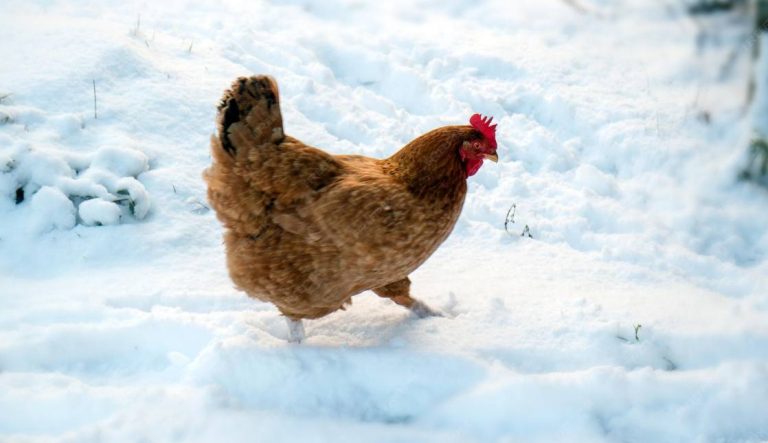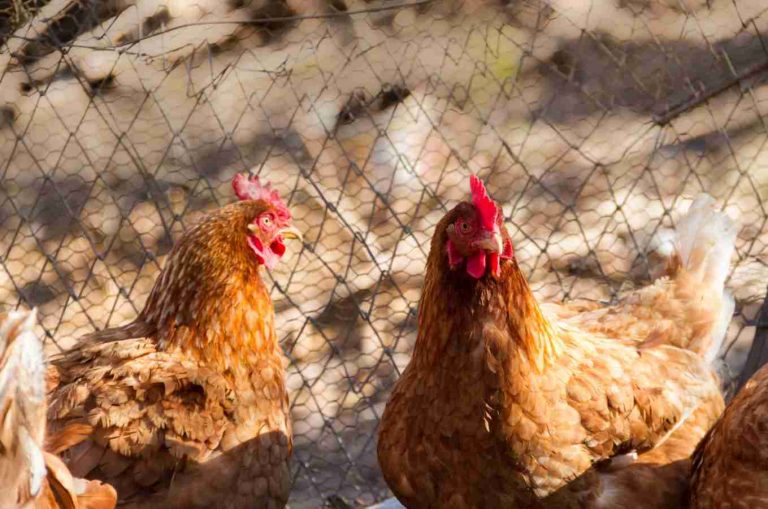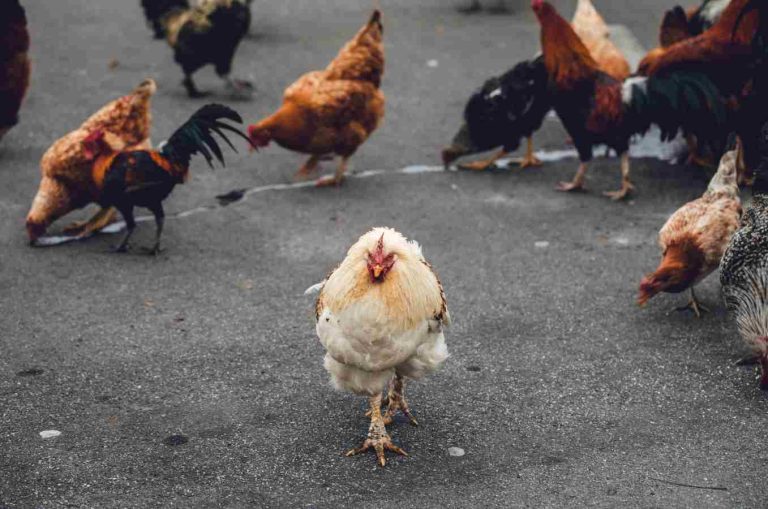What’s the Safest Chicken Coop Against Predators?
Why Coop Design Matters for Keeping Your Flock Safe
A solid chicken coop is your best bet for keeping predators at bay. Chickens face threats from all sorts of critters—raccoons, foxes, hawks, weasels, you name it. These animals will jump on any weak spot in your setup. That’s why the best predator proof chicken coop needs to be tough and smartly built, using materials and features that stop intruders before they even try.
Which Features Make a Coop Predator-Proof?
Solid Roof and Wall Setup
Go for a sturdy coop with strong materials—solid walls and a roof are key to keeping predators out. A tough roof blocks hawks from swooping in and stops climbers like raccoons. Using hot-dip galvanized metal or pressure-treated wood keeps things durable for the long haul.
ZEUS’s entire cage equipment is made of hot-dip galvanized material. Excellent corrosion resistance and long service life, last 15 – 20 years make these materials ideal for outdoor use in various climates.
Secured Air Vents
You need ventilation to keep your flock healthy, but it can be a weak spot if not done right. Cover screen-only windows with hardware cloth to let air flow while blocking predators. Use at least ½-inch mesh to keep out small pests like weasels or rats.
Beefed-Up Entry Points
Doors and panels are often the first spots predators hit. A good predator proof chicken coop door needs tight closures, strong hinges and solid locks. The push-in cage door of ZEUS’s cage equipment is simple and reliable, the cage door is wide and practical and keeps things secure while still being easy to use.
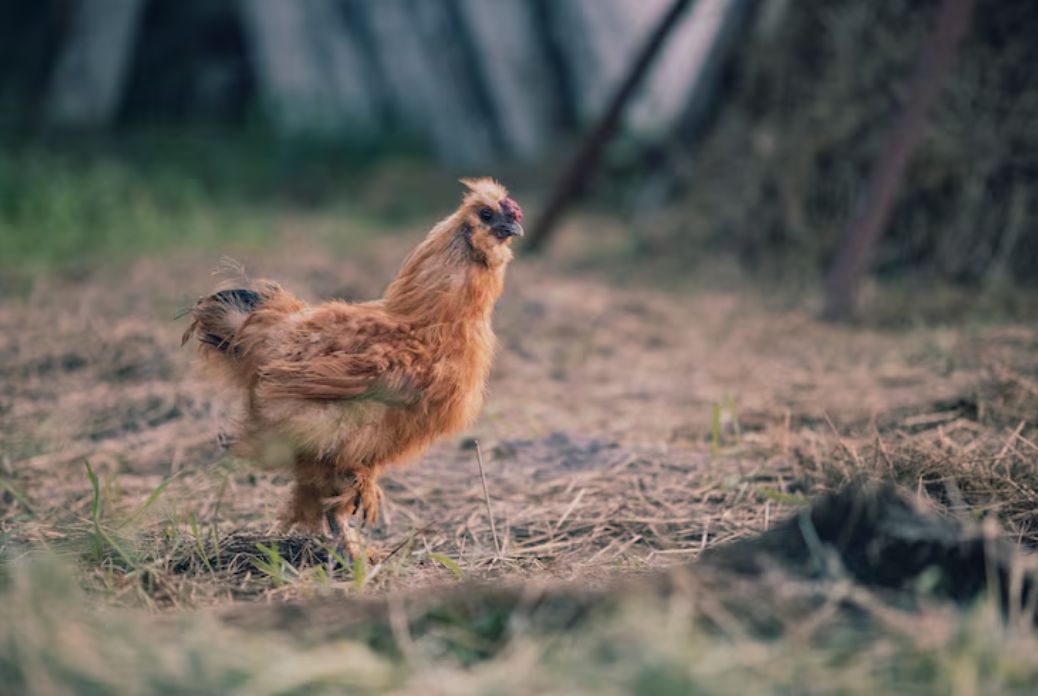
How to predator proof a chicken coop?
What Are the Biggest Predator Threats to Chickens?
Knowing Your Local Wildlife Risks
Predator types depend on where you live, but raccoons, foxes, coyotes, hawks, owls, snakes, rats and even stray dogs are common culprits. Living along a river means raccoons are common too. Figuring out what’s prowling around your area helps you build the right defenses.
Nighttime vs. Daytime Threats
Most predators like raccoons, opossums and foxes come out at night. But hawks or loose dogs might strike during the day. Your coop needs to be ready 24/7 with stuff like secure doors for nighttime.
How Does Chicken Coop Placement Affect Safety?
Pick an Open and Easy-to-See Spot
Set your coop where you can keep an eye on it to spot sneaky predators. Open areas make it easier for you or guard animals to notice trouble. Clear visibility scares off land-based predators trying to creep up.
Steer Clear of Thick Bushes or Water
Avoid Dense Brush: Predators can hide in thick brush, so place your coop in an open spot. Water sources like rivers also draw wildlife like snakes or raccoons that could threaten your flock.
What Materials Hold Up Against Predators?
Tough Wood and Galvanized Metal
Galvanized metal fights rust and stands up to attacks from bigger animals. ZEUS’s cage frame is assembled and made of 275g hot-dip galvanized sheet. It is easy and fast to install, corrosion-resistant, strong and stable.
Secure Latches and Locks
All doors need predator-proof locks—think carabiner clips or keyed latches that raccoons can’t outsmart. Welded mesh panels on frames also stop animals from chewing or clawing their way in.
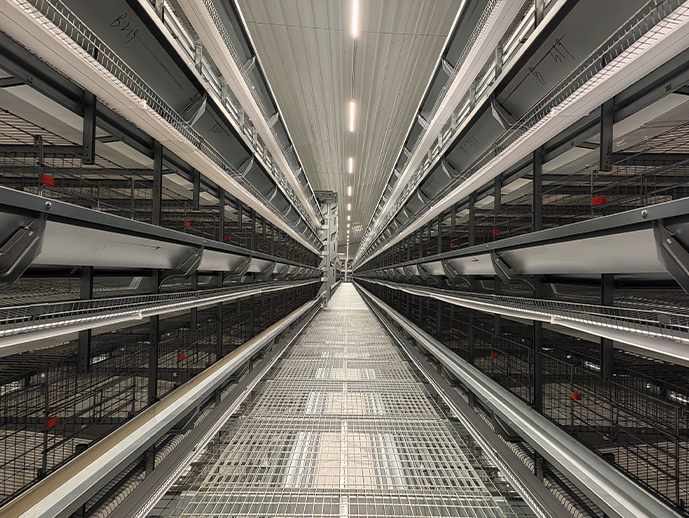
Meet ZEUS and Our Predator-Proof Chicken Coop Solutions
Who’s ZEUS and What Makes Our Coops Special?
We at ZEUS focus on top-notch poultry gear built with safety first. Our stacked chicken coops offer killer protection through smart design and high-quality materials.
A-type Ladder Layer Chicken Breeding Equipment features a multi-tiered design that improves space utilization while ensuring each level maintains ventilation space—a crucial aspect for both hygiene and security.
Our coops are built using hot-dip galvanized material, ensuring excellent corrosion resistance for up to 20 years of service life under varying environmental conditions.
Key Features of ZEUS Stacked Chicken Coops for Predator Defense
Our designs include a bunch of features that line up with the best predator proof chicken coop standards:
The push-in cage door is simple and reliable, making it both secure against intrusion and easy for caretakers.
The bottom net is installed on the tensioned steel wire, offering high elasticity that prevents sagging while resisting tampering.
Integrated systems such as automatic feeding trays reduce human error that may leave feed exposed—another attraction point for pests.
The entire system can be equipped with IoT-based environmental sensors for real-time monitoring of temperature, humidity—and potentially even motion alerts via connected lighting systems.
How Do ZEUS Coops Keep Your Flock Safe?
Built Tough and Secure
Our cages use welded mesh panels made from galvanized wire that holds up to corrosion and stays strong under pressure. The tight mesh keeps out small rodents or snakes, perfect for anyone looking for the best predator proof chicken coop.
Easy to Maintain and Built to Last
With modular assembly options that minimize surface damage during installation, reducing surface galvanizing damage, our coops are a breeze to clean regularly—an essential factor in maintaining biosecurity standards on farms.
Extra Steps to Boost Coop Security
Why Are Regular Checkups a Must for Predator Protection?
Looking for Digging or Damage
Routine maintenance is key! Check your coop often for signs of predator attempts or spots needing a fix. Look for holes near the base where animals might’ve tried digging or chew marks on wood panels.
Fixing Weak Spots Fast
Patch up any weak spots right away with hardware cloth or extra framing. Waiting too long can let persistent predators break through.
How Can Lighting Scare Off Nighttime Predators?
Why Motion-Activated Lights Work
Motion sensor lights are a great trick to keep predators away. A sudden burst of light spooks nocturnal critters like foxes or raccoons, making them scram without a fight.
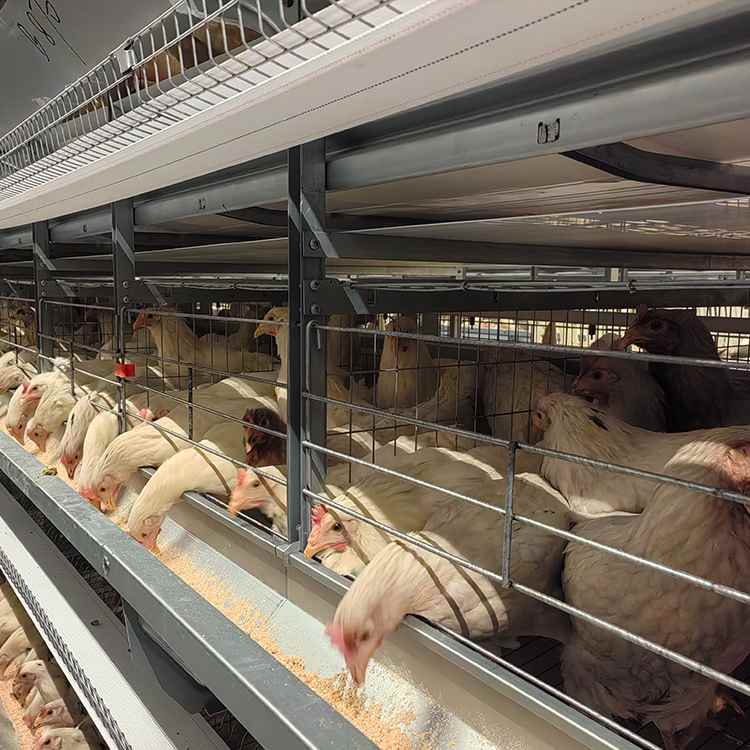
FAQ
Q: How do I know if a predator has tried to get into my coop?
A: Look for signs such as scratch marks near doors/windows, disturbed soil around the perimeter (indicating digging), feathers scattered outside the enclosure, or damaged mesh panels.
Q: Do I need to lock my chicken coop every night?
A: Yes. Locking your chicken coop each evening ensures nocturnal predators cannot access roosting birds inside—even if they bypass outer fencing systems.
Q: What kills rats but is safe for chickens?
A: Use enclosed bait stations placed outside the reach of chickens. Alternatively, consider electronic traps placed away from poultry areas but along known rodent paths.
Q: Can I use household pets like dogs to guard my chickens?
A: Yes—certain breeds like Great Pyrenees excel at flock protection when trained properly. However, some people keep guard animals like roosters or even dogs bred for flock protection.


